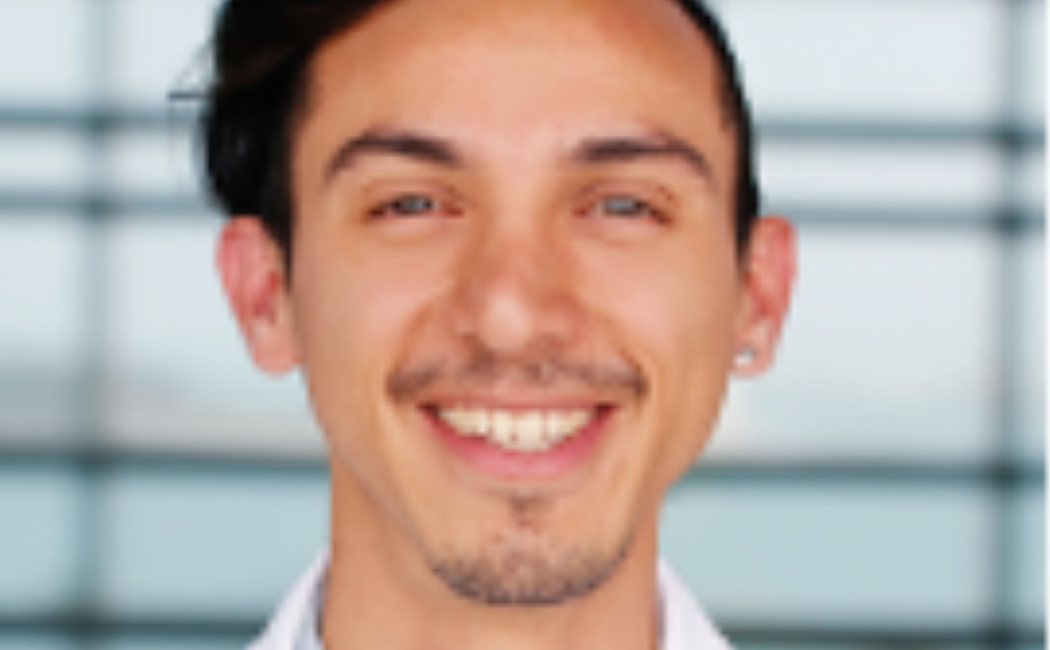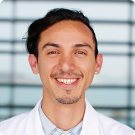



Date: Tuesday, December 11, 2018, 4:00 - 5:00 p.m.
Venue: Bldg. 4, Level 5, Room 5209
The emergence and rapid spread of antimicrobial resistance (AMR) is a phenomenon that extends beyond clinical settings. AMR has been detected in multiple environmental compartments, including agricultural soils and water bodies impacted by wastewater discharges. The purpose of this research project was to evaluate what factors could influence the environmental persistence of antibiotic resistance genes (ARGs), as well as to identify potential strategies employed by human pathogens to survive in secondary environment outside the host. The first part of this dissertation describes the isolation and characterization of a multi-drug resistant and potentially pathogenic strain of Escherichia coli (Denoted as PI7), which was recovered from a municipal sewage network in Saudi Arabia. In the subsequent section we describe the decay kinetics of E. coli PI7 in microcosm experiments simulating biological treatment units of wastewater treatment plants. We identified that transition to dormancy is the main strategy prolonging the persistence of E. coli PI7 in the microcosm experiments. Additionally, we observed slower decay of E. coli PI7 and prolonged stability of extracellular DNA in anoxic/anaerobic conditions. In the last chapter of this thesis, the fate of extracellular DNA is further explored. Using as a model Acinetobacter baylyi ADP1, we describe the stimulation of natural transformation frequencies in the presence of chlorination disinfection byproducts (DBPs). Moreover, we provide insight on the molecular mechanism explaining the observed dose-response increase of natural transformation frequencies.